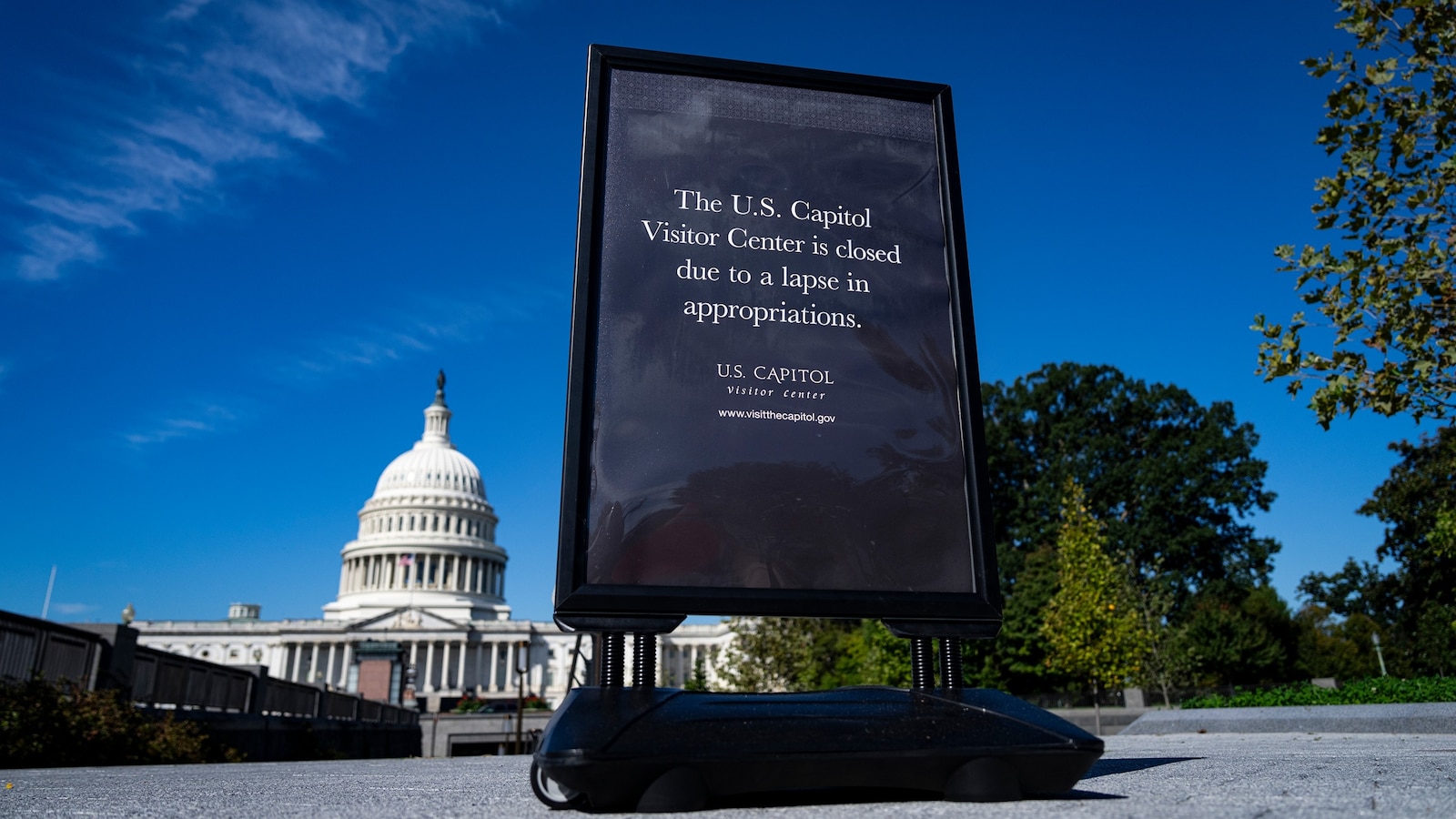Federal Shutdown Enters Eighth Day, Furloughed Workers Face Mounting Financial Strain
Federal Shutdown Enters Eighth Day, Furloughed Workers Face Mounting Financial Strain

As the U.S. government shutdown extends into its eighth day, federal employees across the nation are grappling with severe financial uncertainty and are being forced to take drastic measures to weather the ongoing impasse. The shutdown, which began on October 1, 2025, has left approximately 750,000 federal workers furloughed, with many facing the prospect of their last full paycheck arriving this Friday.
Imelda Avila-Thomas, a Department of Labor employee and president of AFGE Local 2139, described the situation as a “double whammy” for her household, with both she and her husband furloughed. Avila-Thomas has already halted her daughter’s tutoring and is planning a garage sale to sell possessions, highlighting the immediate and personal impact of the shutdown. She noted the “desperation and uncertainty” growing daily among affected families.
Experts and affected workers anticipate widespread financial pain, including dipping into savings, accumulating credit card debt, and cutting essential expenses. Lisa Baranik, a management professor who has studied previous shutdowns, warns that “The longer this goes on, the more difficulties furloughed employees are going to face.”
The political deadlock shows no signs of resolution, with the Senate having rejected multiple funding proposals from both Democrats and Republicans. While furloughed workers typically receive full backpay upon the government’s reopening, President Donald Trump on Tuesday hinted at potentially denying such compensation for some, though bipartisan support for backpay quickly emerged from senators.
Workers are exploring limited avenues for alternative income, such as applying for unemployment benefits (which may need to be repaid) or seeking second jobs, while adhering to strict ethical guidelines. Gig and freelance work also offer temporary relief, but as labor professor Art Wheaton explains, “For the most part, workers are stuck with individual responsibility for their budget. This starts squeezing budgets and squeezing families. It’s a big deal for a lot of people.”
Yolanda Jacobs, a communications specialist at the CDC and president of AFGE Local 2883, echoed the sentiment of distress, noting colleagues are resorting to purchasing inexpensive staples like rice, beans, and ramen noodles. Jacobs emphasized the need for lawmakers to “get over their egos because people’s lives and livelihoods are at stake,” calling the situation a “total disaster.” The growing financial stress is hoped to pressure lawmakers into finding a swift resolution.
Disclaimer: This content is aggregated from public sources online. Please verify information independently. If you believe your rights have been infringed, contact us for removal.